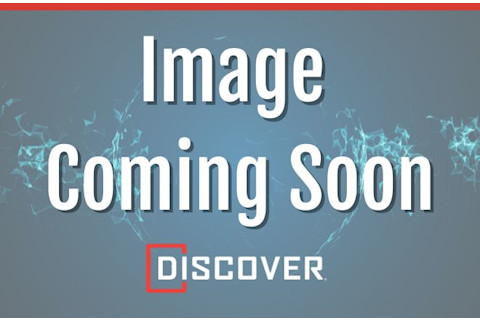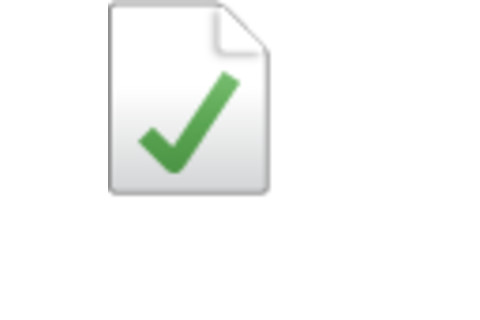A startling new paper from Tehran claims Antidepressant effects of magnetic resonance imaging-based stimulation on major depressive disorder.
Yes, this study says that having an MRI scan has a powerful antidepressant effect.

They took 51 depressed patients, and gave them all either an MRI scan or a placebo sham scan. The sham was a "scan" in a decommissioned scanner. The magnet was off but they played recorded scannerish sounds to make it believable. Patients were blinded to group.
They found that people in the scanner group improved much more than those in the sham group over two weeks. Actually there were two different kinds of scans, T1 structural MRI and EPI functional MRI, but they were the same:
Now, if this is true, it's huge. Obviously. For one thing, it would undermine the whole premise of functional MRI, which is that it's a method of recording brain activity. If it's also stimulating the brain in some way at the same time, then it would make it hard to interpret those activations. In particular it would cast all the studies using fMRI in depression into doubt.

So is it true? I can't see any obvious flaws in the design. Assuming that the authors are right when they say that "patients could not distinguish the difference between the actual and sham MRI scan", i.e. assuming that the blind was truly blind, then the methodology was sound.
But let's look at the statistics. The paper is full of very impressive p values less than 0.001 but those turn out to all be referring to the changes within each group, and those changes are fairly meaningless. What matters is the differences in the groups and
Changes in BDI scores (between baseline and day 14) were significantly different among the three studied groups (F=5.48, p=0.007 overall) using ANOVA, and between the DWI group vs. Sham and T1 vs. Sham (p<0.05) using post hoc tests. Changes in HAMD24 scores (between baseline and day 14) were also compared among the 3 groups using ANOVA but the level of significance was slightly above the significance threshold (F=2.89, p=0.06).
Which is rather less convincing. There was a close-to-significant group difference in the HAMD24, and a significant but only just effect on the BDI. Remember that there were only 17 people in each group.
I'm inclined to think that this is one of the 5% of experiments which will produce a nominally significant result even assuming everything goes to plan and there are no confounds. My suspicion is that everyone in the trial got better (they were all on antidepressants, plus there's the placebo effect and the effect of time) - except a small number of people who didn't improve. And by chance they were all in the sham group.
The reason I'm skeptical is that I just can't see a plausible mechanism. The authors suggest that MRI scans might stimulate the brain in a similar way to TMS and that this could have antidepressant effects.
But there's a lot of problems with this: 1) the evidence is questionable whether TMS even works for depression 2) the magnetic stimulation of the brain generated during MRI is much weaker than in the case of TMS and 3) if MRI really stimulated the brain like TMS, then, like TMS, it would have a risk of triggering seizures in people with epilepsy. But it doesn't.

Vaziri-Bozorg SM, et al (2011). Antidepressant effects of magnetic resonance imaging-based stimulation on major depressive disorder: a double-blind randomized clinical trial. Brain imaging and behavior PMID: 22069111













